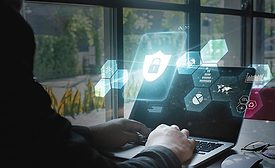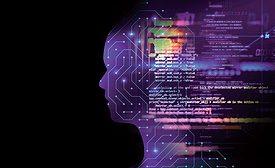Security Leadership and Management
Benchtop NMR - Identifying the Unknown in Forensic Drug Testing
Rapid detection and identification of illegal drugs is critical to further prevent the opioid epidemic.
May 8, 2020
Sign-up to receive top management & result-driven techniques in the industry.
Join over 20,000+ industry leaders who receive our premium content.
SIGN UP TODAY!Copyright ©2024. All Rights Reserved BNP Media.
Design, CMS, Hosting & Web Development :: ePublishing













